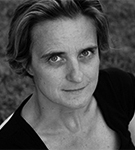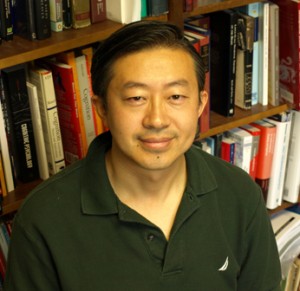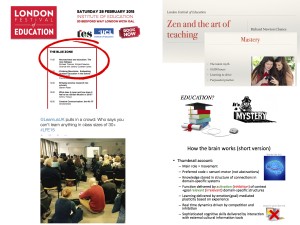The CEN Research Group, which is open to those interested in the latest developments in educational neuroscience, meets weekly at 4pm on Thursday afternoons.
Our spring schedule is now available here. Upcoming topics include the use of philosophy to develop reasoning skills in primary schools, spatial ability and science performance, chess in schools, and an investigation of cognitive deficits in children with cerebral palsy and how these impact mathematical ability.
The CEN Research Group is open to faculty members, postdoctoral fellows, and students at Birkbeck and UCL (especially those on the Educational Neuroscience and Developmental Sciences masters, and PhD students studying relevant topics). It is also open to educationalists, educational psychologists, and interested teachers. Meetings aim to enable an atmosphere of informal discussion of the latest findings in and challenges for neuroscience and psychology relevant to education. If you would like to attend, please contact us at: centre4educationalneuroscience@gmail.com






